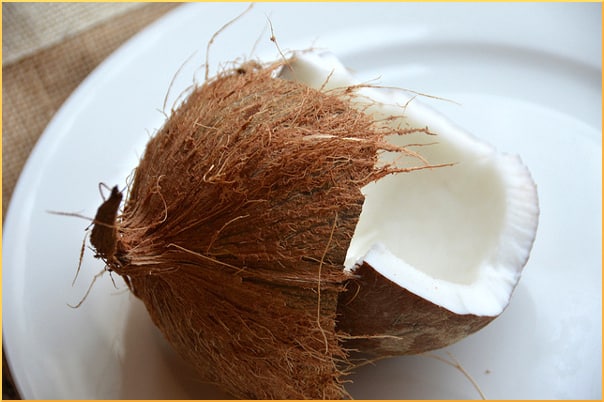
It is hard to keep up with revelations in the arena of what is good for us and what is not, and sometimes the verdict is mixed. In the United Kingdom, more than anywhere else, the dish collectively known as fish’n’chips is a problem food for a vast number of people, and widely recognized as an obesity villain.
But, surprise! Other than the potatoes, and the batter that coats the fish, the oil in which the fish and potatoes are deep-fried, and the excessive amount of salt probably added by the customer, fish’n’chips might not actually be so bad.
In the past, scientists noticed that fish seemed to help some degenerative brain conditions. The good effect was attributed to the fatty acids known as omega-3 and omega-6. But, as it turns out, the magic ingredient just might be parvalbumin.
Apparently, the protein works in a roundabout way to “scavenge” another protein that might cause Parkinson’s Disease, and is also suspected of alliance with Alzheimer’s Disease, Huntington’s Disease, and possibly others. Nick McDermott writes for The Sun,
Parvalbumin collects up the “Parkinson’s protein” and prevents it from aggregating, simply by aggregating itself first. This prevents the protein, called alpha-synuclein, from forming harmful amyloid structures which can damage brain cells.
Journalist Evelyn Nieves defends the previously indefensible: foods that were vilified, but whose reputations were later rehabilitated. Coconut oil, for instance, was long believed to be harmful. But that was a misconception, the fault of a misinterpreted study of partially hydrogenated coconut oil. As Nieves writes,
Now, of course, we know that the chemical process of hydrogenation is what does a body ill. That’s true whether the oil consumed is coconut, corn, canola, soy or any other… Now researchers are stressing that saturated fats like coconut oil actually lower bad cholesterol in our bodies… Coconut oil is rich in lauric acid, which is known for its antiviral, antibacterial, anti-inflammatory, anti-microbial properties.
Another source mentions that coconut oil is an example of how “a calorie is NOT a calorie” — because “Fatty acids that are of medium length (such as from coconut oil) raise metabolism and reduce hunger compared to longer chain fatty acids.”
Got too much milk?
The American Academy of Pediatrics used to recommend that children older than two years should only drink skim milk, to keep their weight down, but apparently that didn’t prove out. The trouble came when the journal Archives of Disease in Childhood published a study of more than 10,000 children, revealing that the kids who drank skim and 1% fat milk were actually heavier than the kids who stuck with 2% fat and whole milk.
This was true despite the socioeconomic or ethnic groups to which the subjects belonged. One theory suggests that whole milk helps kids feel more full, so they eat less. Nieves suggests another:
Kids who consumed skim milk were likely to be fatter than those who drank it whole. Turns out that skim drinkers were more likely to indulge in junk food, which spiked their blood sugar levels, leading to more cravings for junk.
Regarding the change of philosophy on milk, here is a snippet of an interview with fitness expert Sean Croxton:
I remember just some of the things that would come out of my mouth, telling people to get off cow’s milk and to drink soy milk. You know things that now to me sound absolutely crazy. People were paying me for that advice and it obviously wasn’t working. I’m a guy who really cares whether people get results or not…
Your responses and feedback are welcome!
Source: “Here’s why scientists think fish and chips might actually be good for you,” TheSun.co.uk, 04/27/18
Source: “7 foods that were supposed to be incredibly unhealthy — but are actually anything but,” Salon.com, 02/21/14
Source: “8 Ridiculous Nutrition Myths Debunked,” AuthorityNutrition.com, 05/22/13
Source: “The Dark Side of Fat Loss with Sean Croxton,” BulletproofExec.com
Photo credit: Rob Bertholf on Visualhunt/CC BY

 FAQs and Media Requests:
FAQs and Media Requests: 











